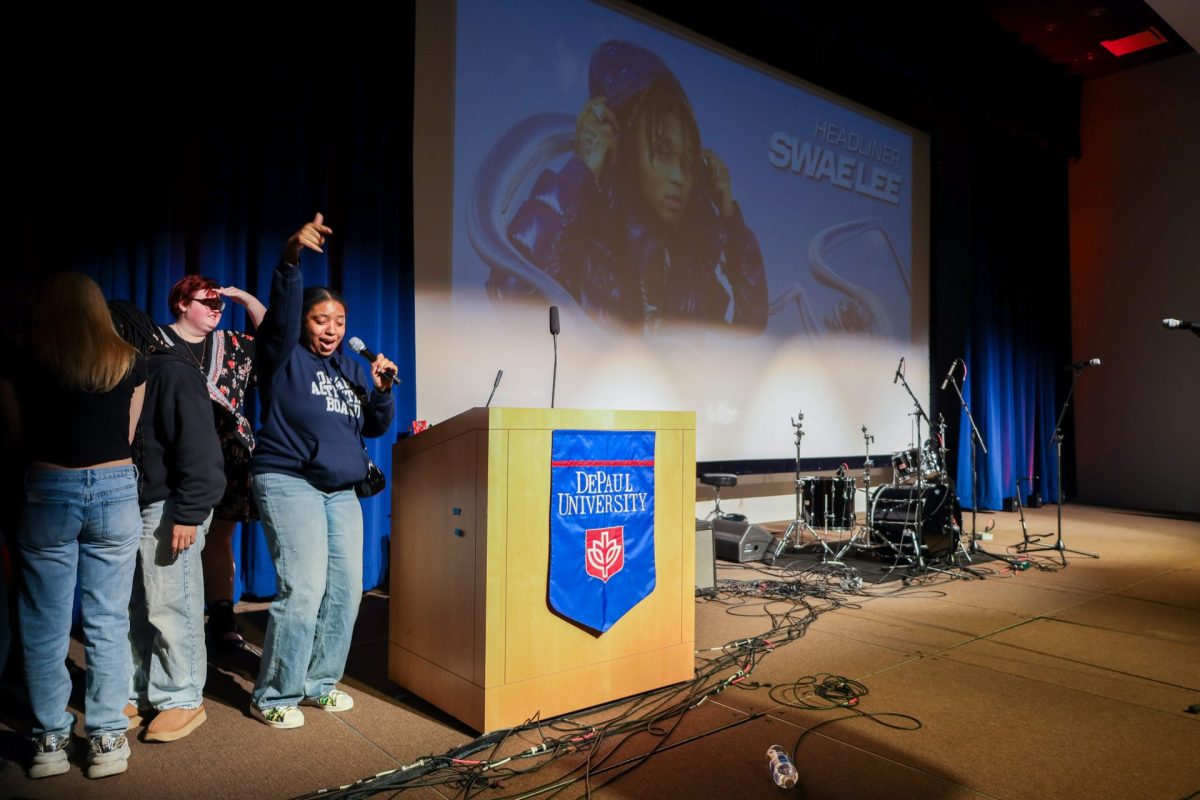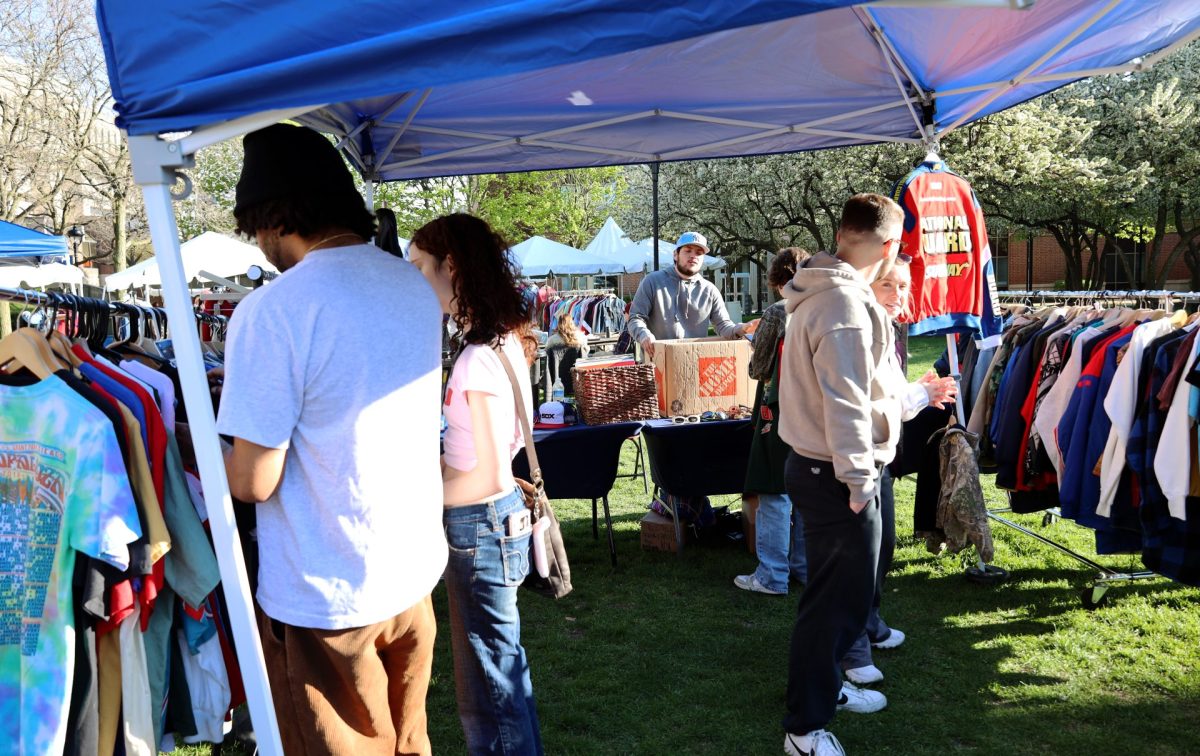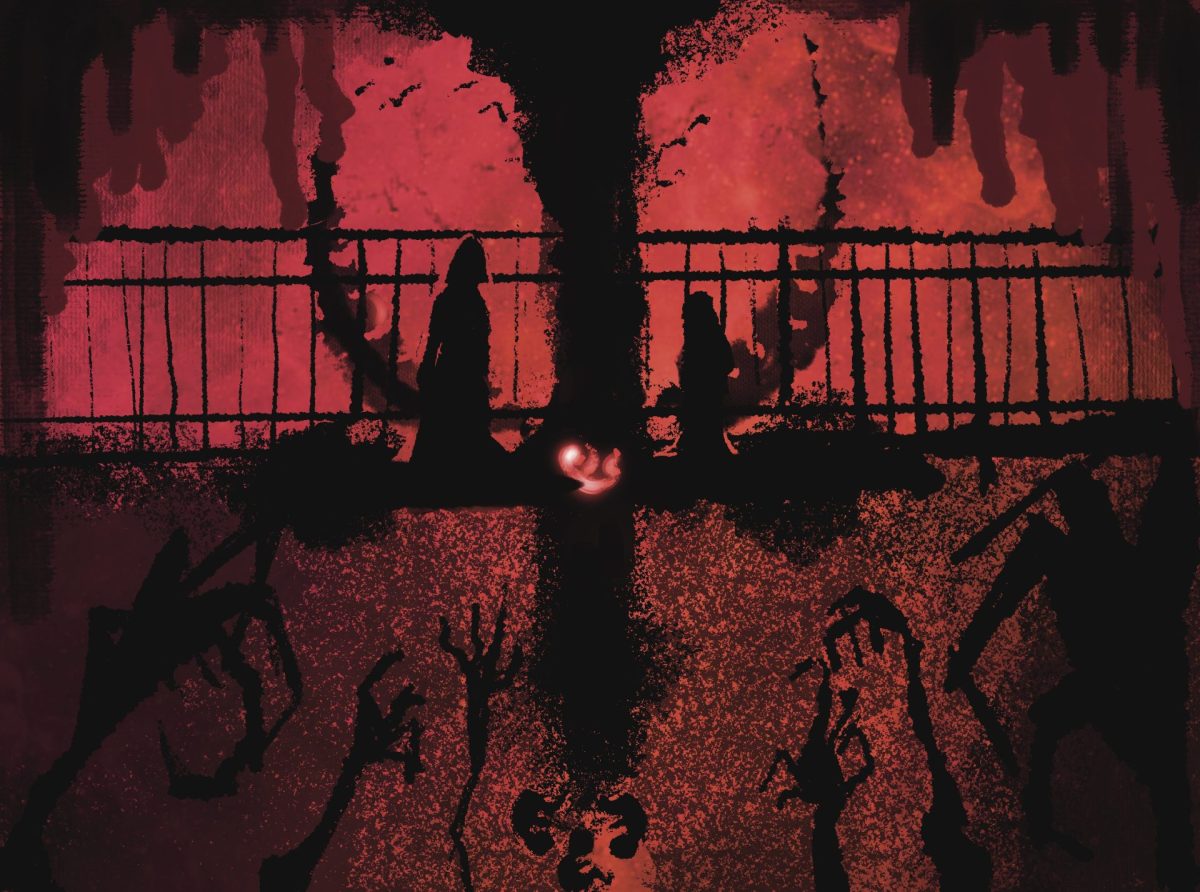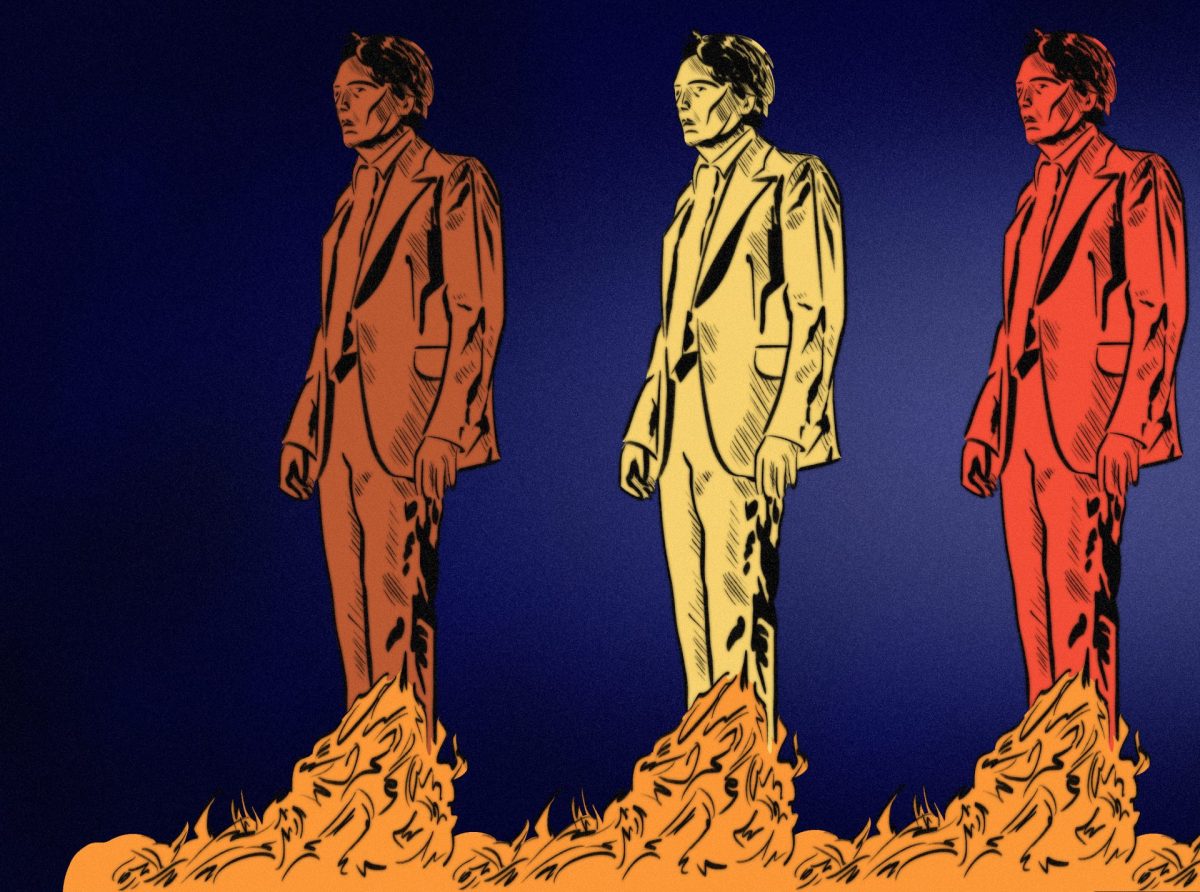As painful as this election has been to watch, I’m sure we can all agree some comedic relief is always appreciated. In a time where Donald Trump’s outlandish remarks are more realistically scary than they were once entertaining, shows such as Comedy Central’s “The Daily Show”, HBO’s “Real Time with Bill Maher” and John Oliver’s “Last Week Tonight” provide the public with news in a satirical and comedic manner.
“Last Week Tonight” includes Emmy award-winner John Oliver extrapolating his opinion on topics that range from local and global politics to birds to beauty pageants and the country’s public school system. “The Daily Show,” hosted by Trevor Noah after Jon Stewart’s departure, explores the world of politics and current events from a humorous standpoint, usually including many guest comedians and stars. In “Real Time with Bill Maher,” host comedian Maher invites different celebrities, public figures and politicians to discuss current events together, feuding and debating back and forth in a roundtable-type format.

Arguably much more entertaining than CNN or FOX News for some, these political satires have gained immense popularity, specifically within the millennial generation. Though none of the comedic hosts title themselves as journalist or claim their show as anything more than comedy and satire, there are many viewers who disagree. Begging the question: How much can we rely on these shows to tell us everything we need to know as voters and U.S. citizens?
Professor Bruce Evensen, the journalism program director at DePaul, specializes in journalism history and journalism ethics. Evensen said that comedic relief of American politics is nothing new.
“There is a long tradition in America for political humor,” Evensen said. “Thomas Jefferson and John Adams and their supporters in the party press lobbed political cartoons at one another in advance of the election of 1800.”
However, Evensen believes that the mainstream media tends to give too much credit to political humorists as influencers, stating viewers of these comedy shows are not watching it for information.
Millennials and college students are among the majority within this minimally informed voter circle, and many would indeed much rather be laughing at John Oliver’s hilarious criticism of Donald “Drumpf” rather than watching Jake Tapper report the latest political ‘scandal’ this election.
Chris Bury, a Peabody and Emmy-award winning reporter and a journalism instructor at DePaul, agreed with Evensen that “Last Week Tonight” and “Real Time with Bill Maher” are purely entertainment, not journalism. Bury went on to explain how these shows have their own take on the news and packaging them in entertaining ways is purely done in order to provoke laughter.
While Bury agrees that political comedies can be a good source of information to viewers who would not consume news otherwise, he states clearly that nothing will beat primary sources of news.
“They are simply not held to the standards of journalism, and they are a secondary source of news, not primary,” Bury said, going on to state that it’s ultimately unfortunate that people do not utilize primary sources as much as they should, for they are the most beneficial in educating oneself.
According to Evensen, surveys show fewer than 2 percent of the people who vote in any national election see late night comedians or Comedy Central hosts as important political communicators. However, plenty of DePaul students and millennials in general can’t seem to get enough of the political humor that has taken over late night television and social media. Not a day goes by where trending videos of Trevor Noah or John Oliver’s shows aren’t shared on Facebook and Twitter.
DePaul sophomore Will Conover, an avid viewer of “Last Week Tonight” and “The Daily Show,” agrees that these satirical news shows have taken over social media at a much higher rate than clips from major news networks. “These shows are brilliant,” said Conover. “They’re a reliable source of information arranged in a way which is most effectively perceived by college students and other millennials.”
Sophomore Charlotte McManus shares a similar viewpoint as Conover. “These shows are an excellent source of news that fits the attention span and time restrictions of a busy college student,” she said.
Perhaps in a way these shows are a solid contribution to the news and entertainment business; a type of mixture of both. An argument can be made they project news in a way in which people enjoy tuning in, inherently encouraging people who usually don’t participate in voting and to get involved in the election.
Though with that argument, they are still not the main source news that people should be educating themselves on. As Bury says, “they are better than nothing.”
As we inch closer and closer to Election Day, the necessity for well-educated voters grows stronger and stronger every day. Especially with an election so close and with two candidates so drastically different in character and ideology, America aches for well-informed voters.
As intriguing as our friends John Oliver, Trevor Noah and Bill Maher may be, we cannot deem them journalists, nor can we rely on them to guide the direction of our vote this November. With the touch of news sources in the palm of our hand in our smartphones, we have no excuse not to be educated on current issues in our nation, as well as around the world. While they are incredibly entertaining to watch, we must put Oliver, Noah, and Maher second on our “To-Watch” list, with primary news sources coming first.





![DePaul sophomore Greta Atilano helps a young Pretty Cool Ice Cream customer pick out an ice cream flavor on Friday, April 19, 2024. Its the perfect job for a college student,” Atilano said. “I started working here my freshman year. I always try to work for small businesses [and] putting back into the community. Of course, interacting with kids is a lot of fun too.](https://depauliaonline.com/wp-content/uploads/2024/04/ONLINE_1-IceCream-1200x800.jpg)







